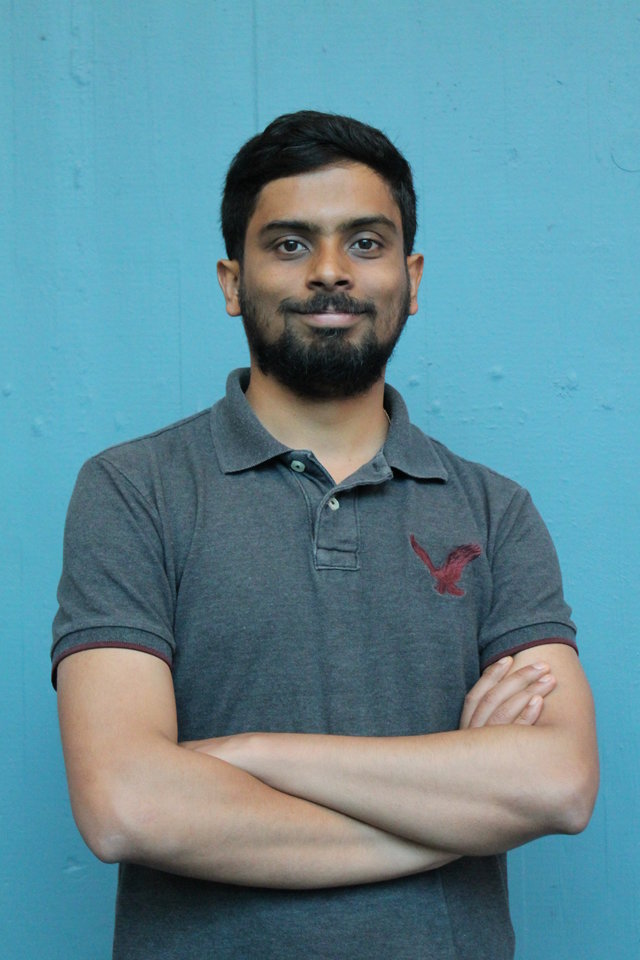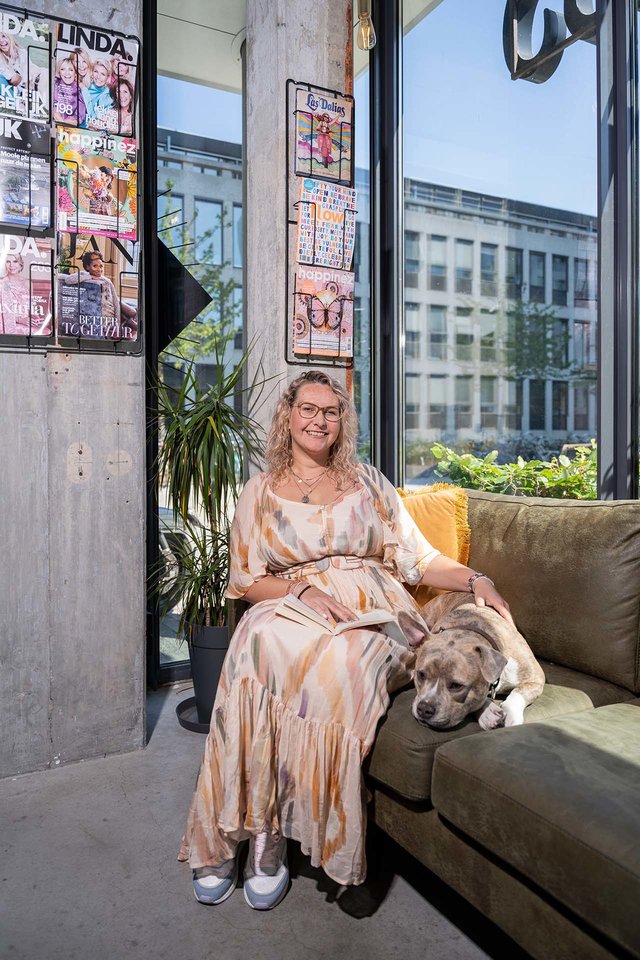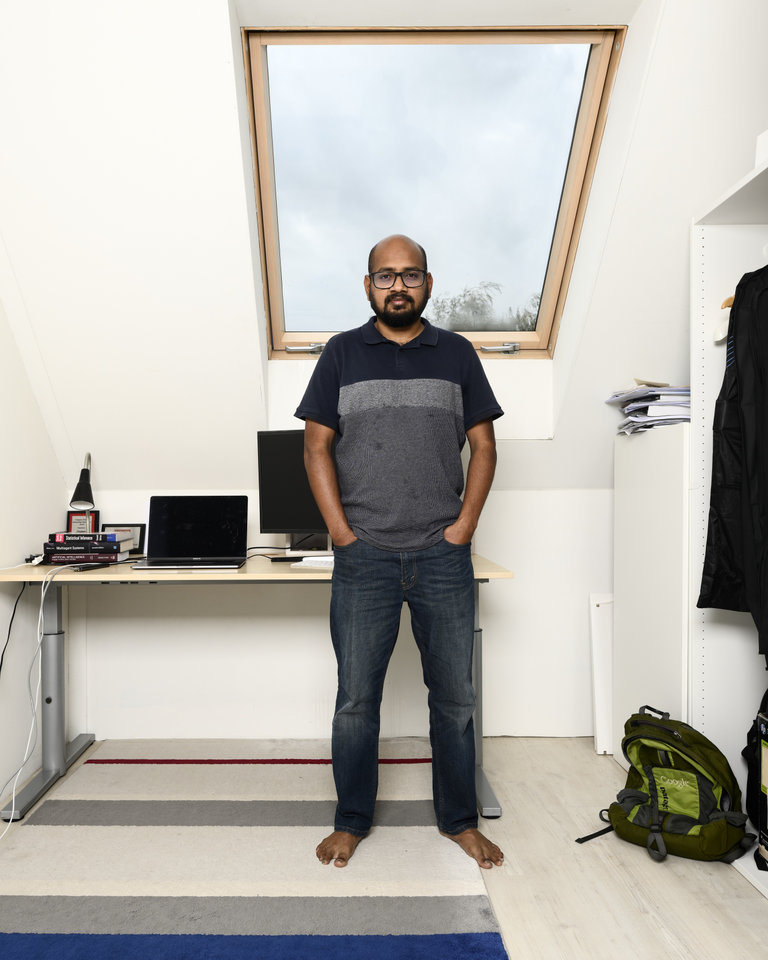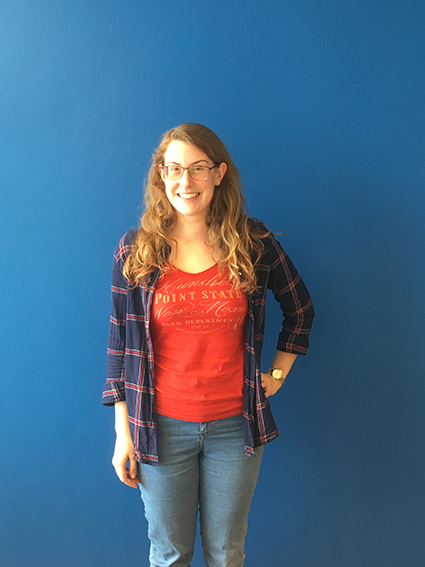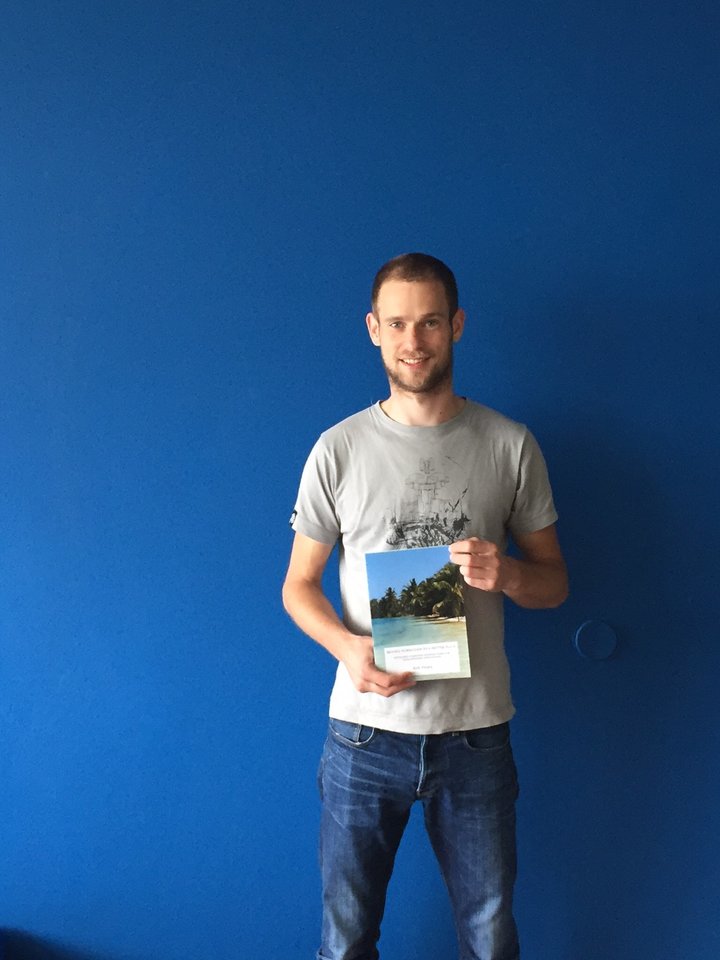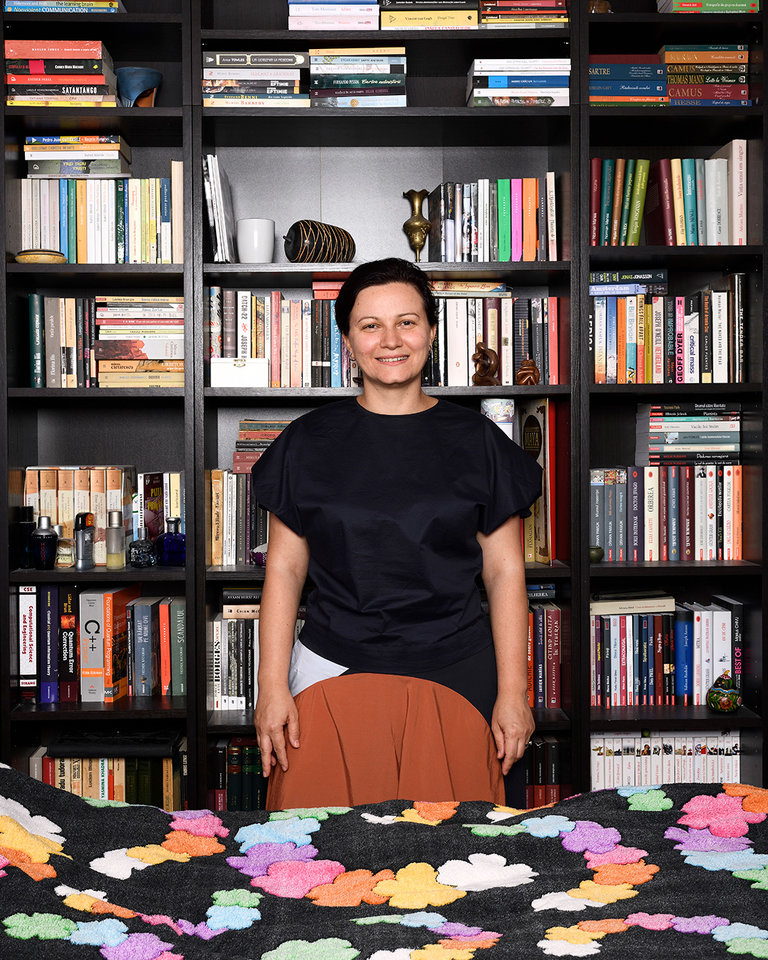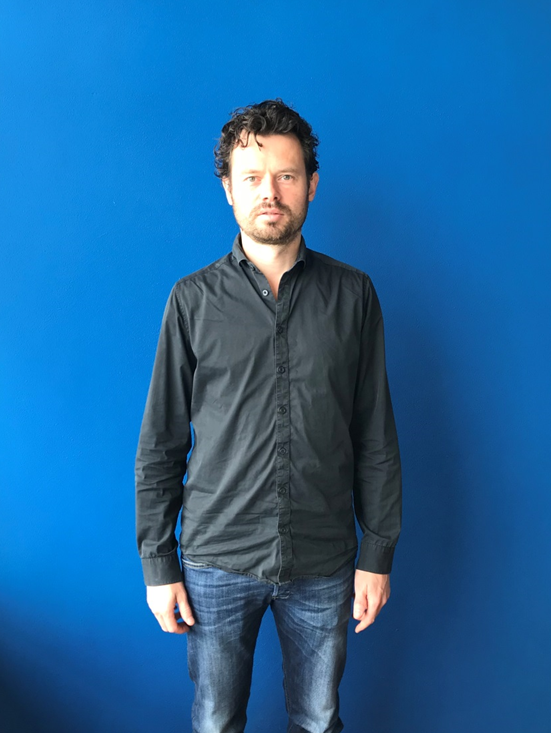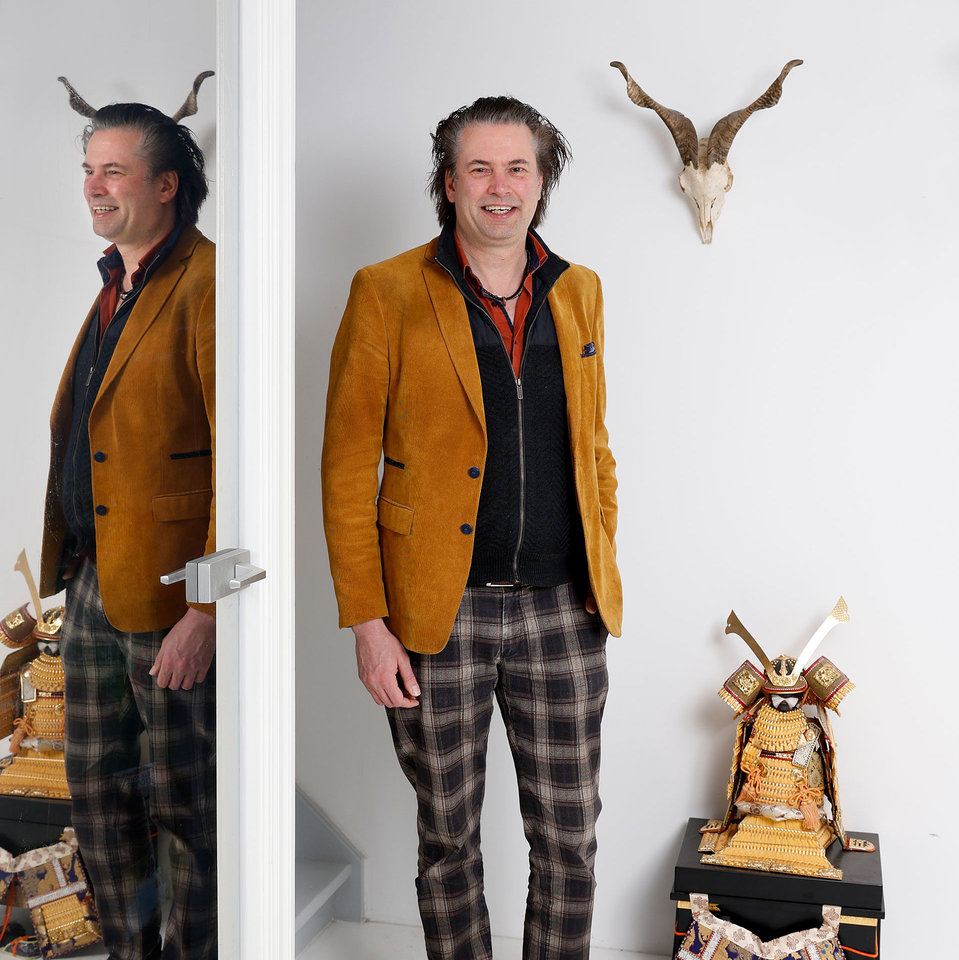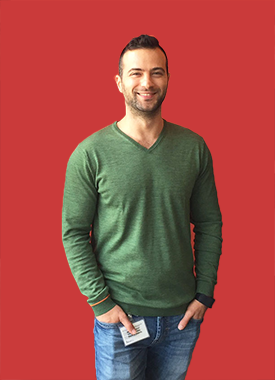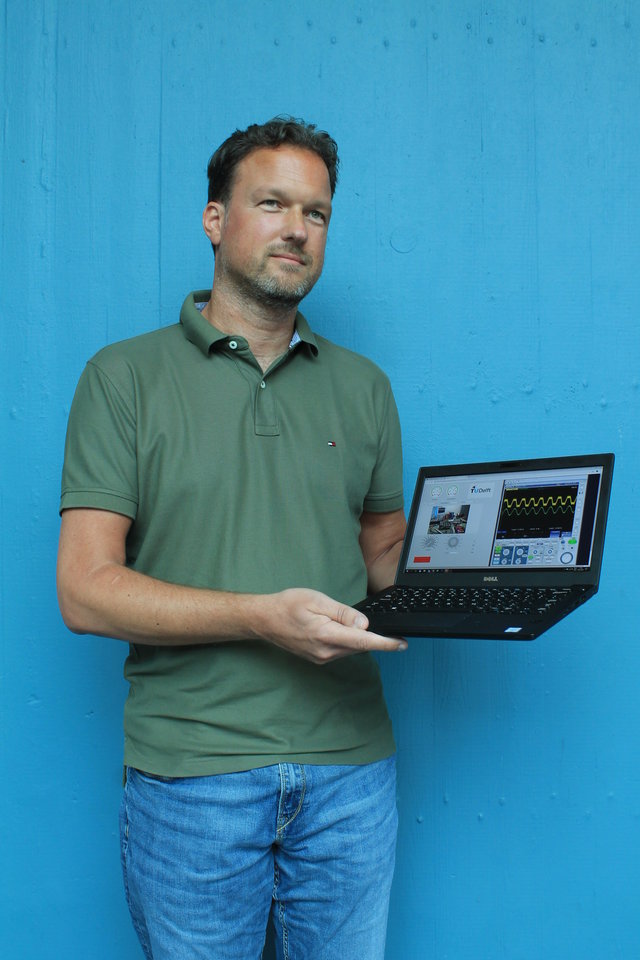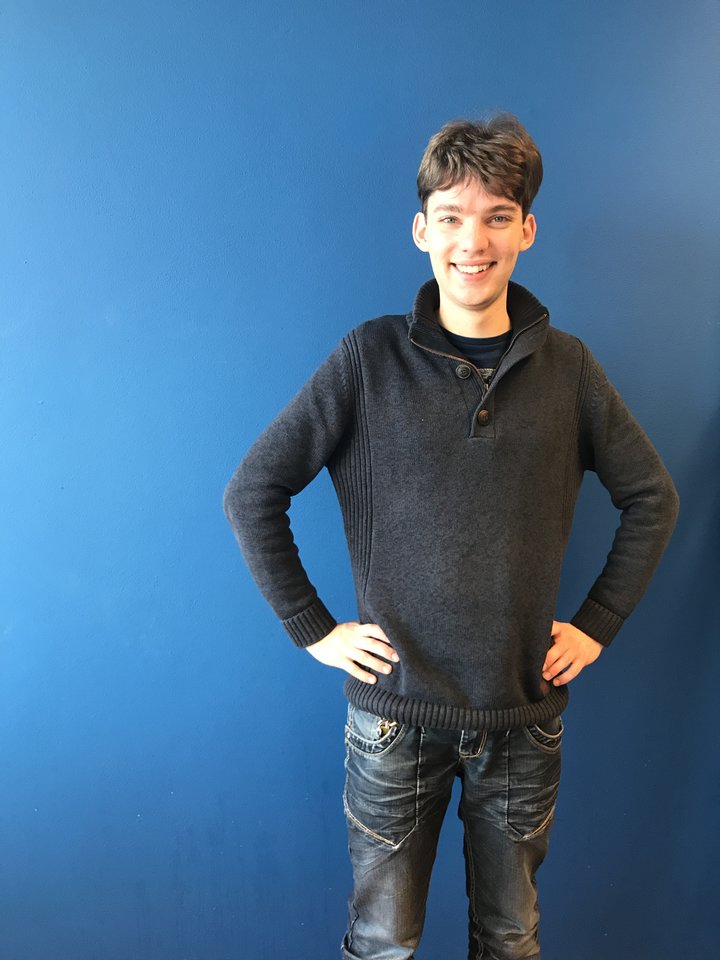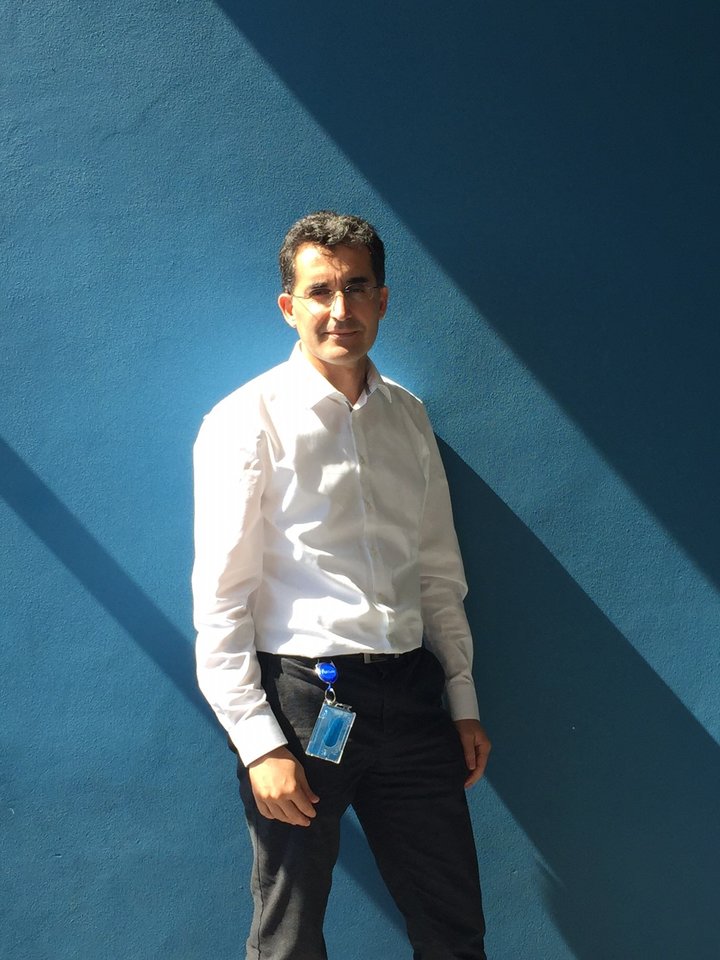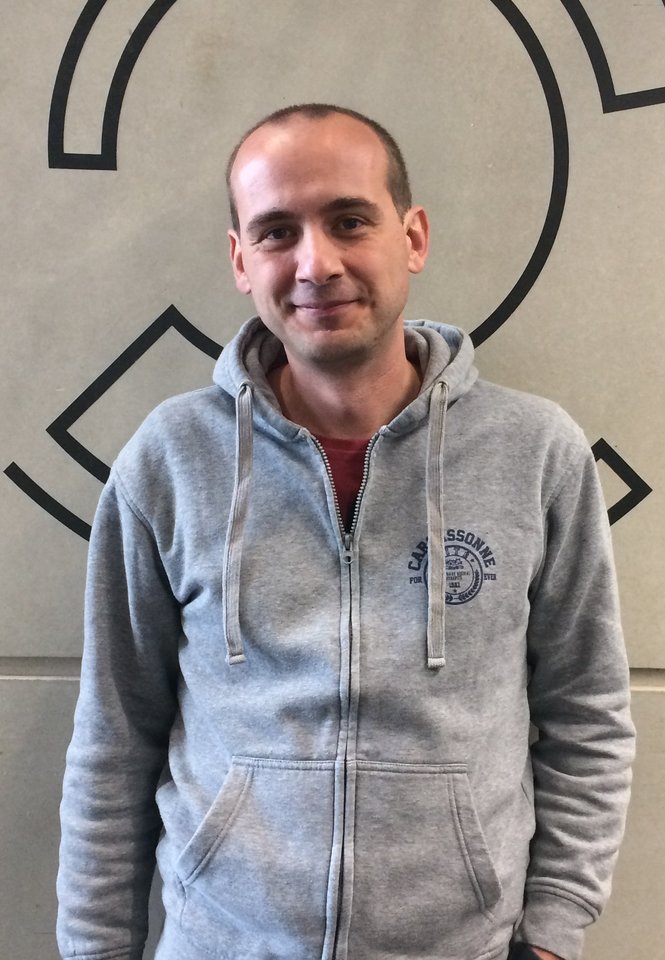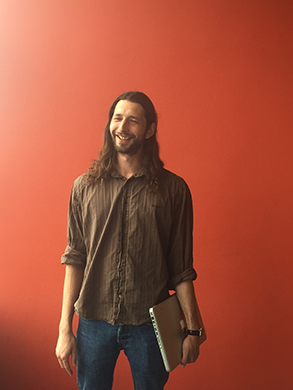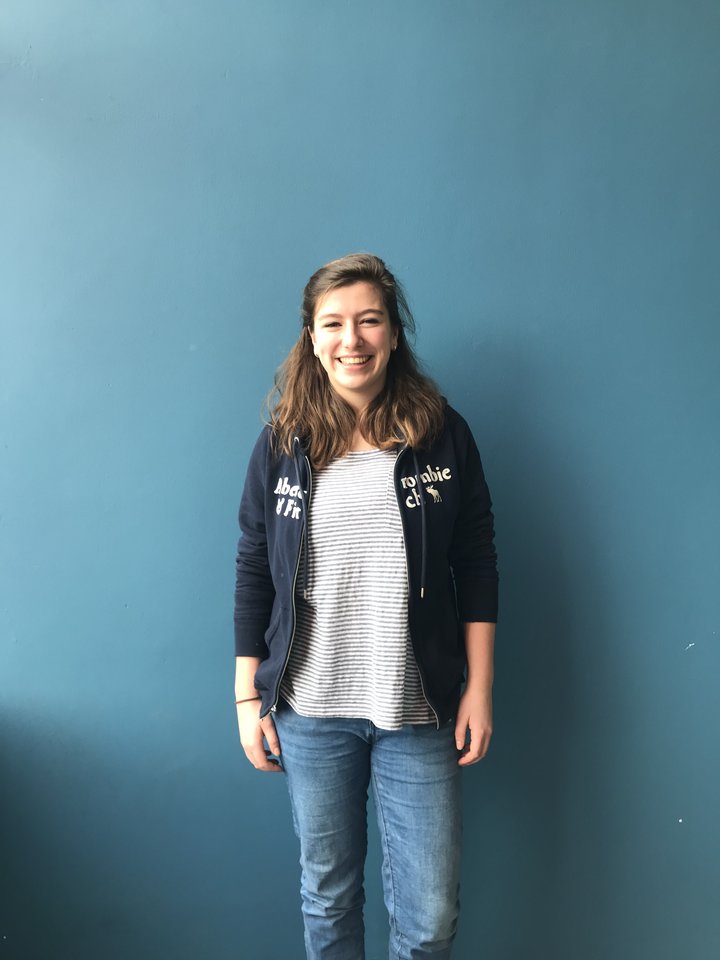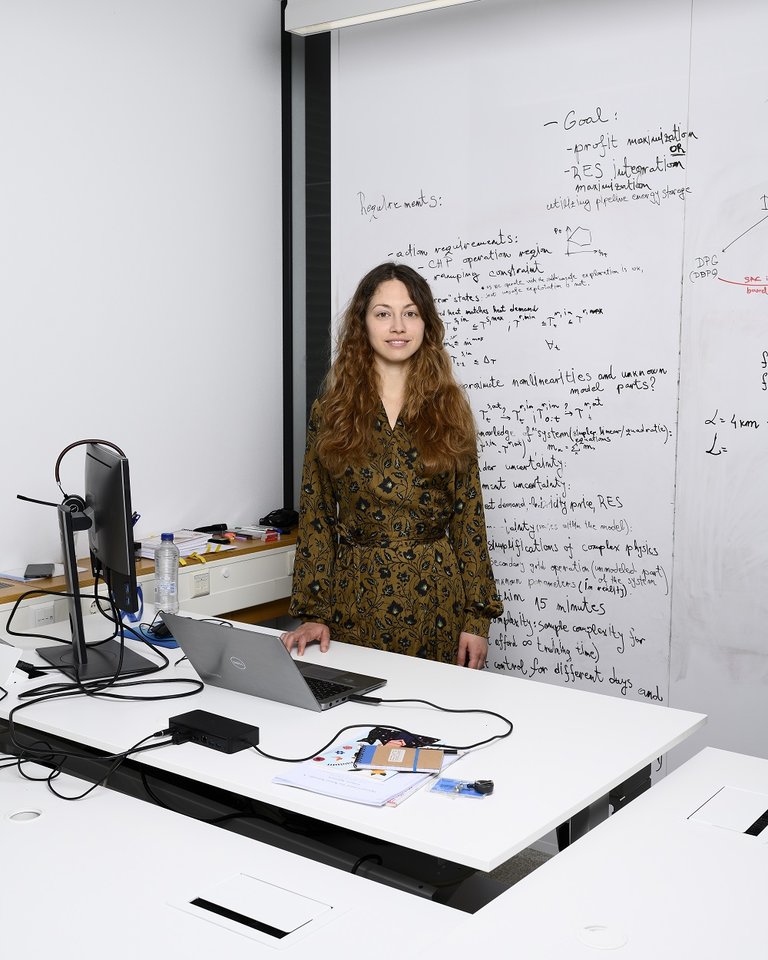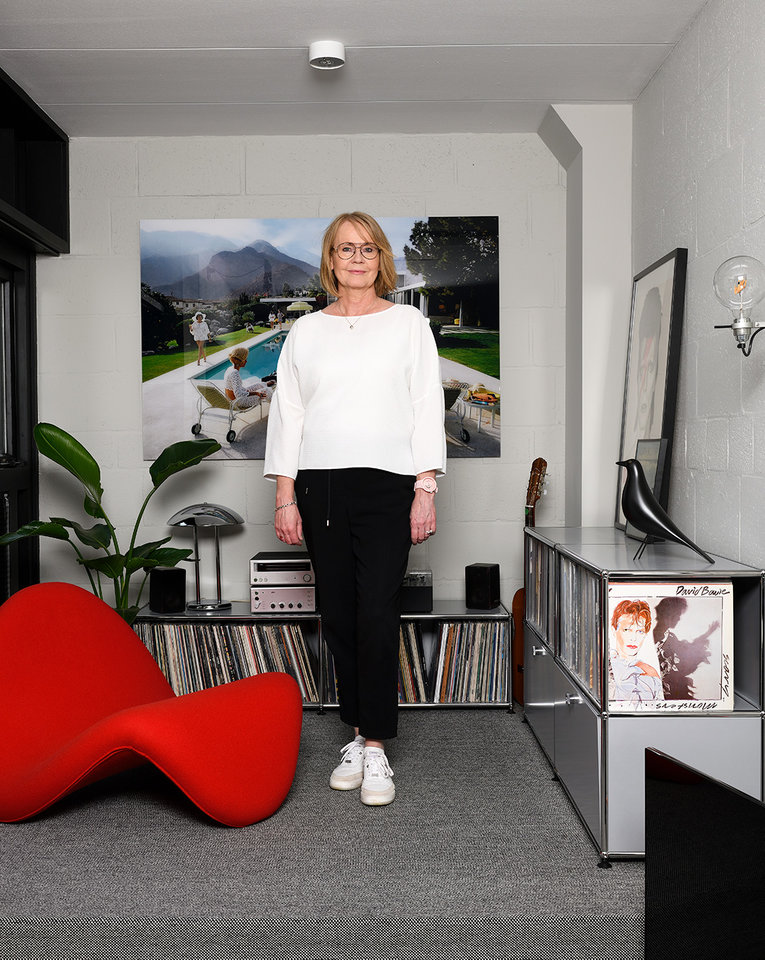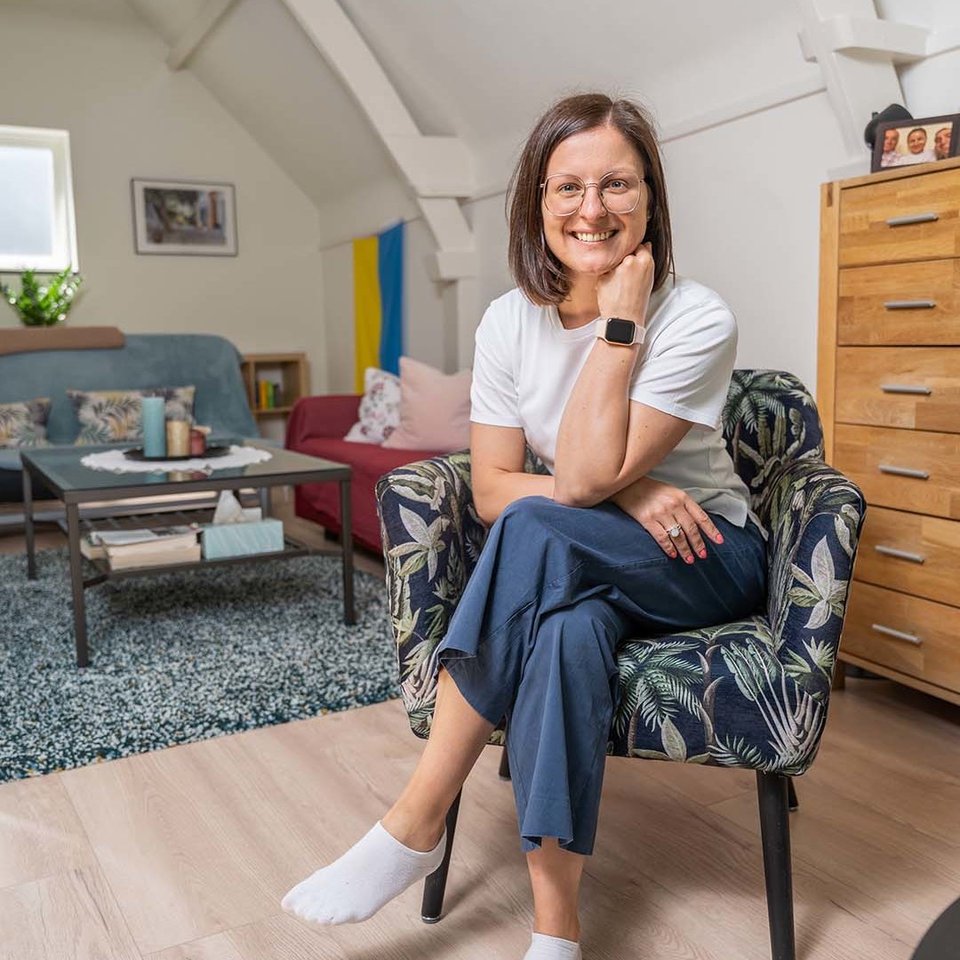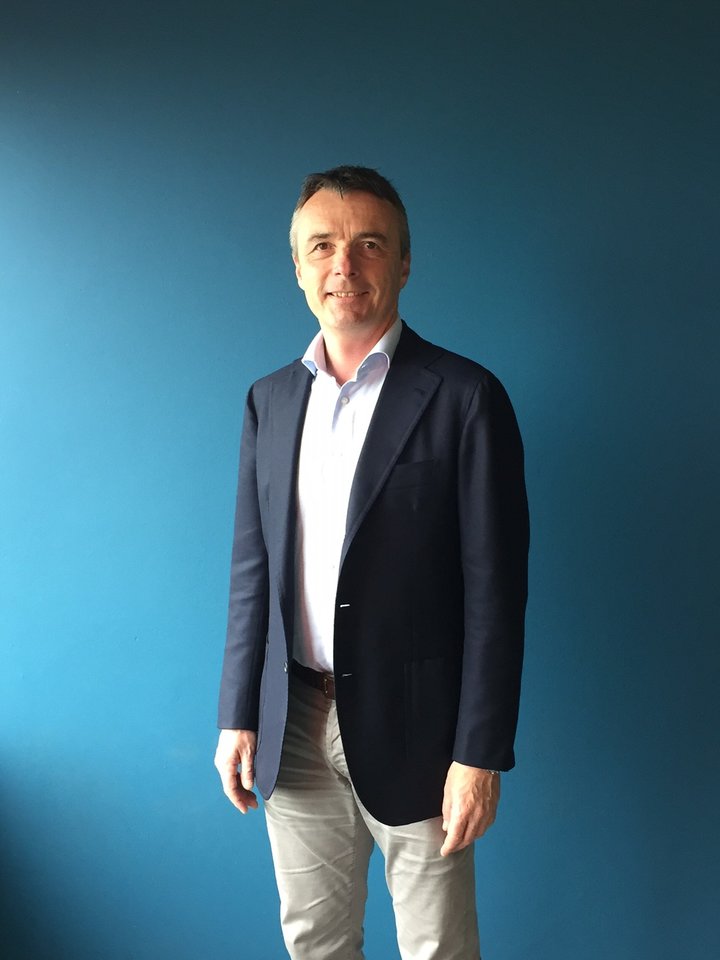Working in a multidisciplinary team on the design and construction of a functional robot. Not only that, but doing it for a customer, over a full five months. In a nutshell, that’s what the minor in Robotics is all about. Again this academic year, several EEMCS students were admitted to the Robotics minor. EEMCS students Tim, Dirk and Eva – together with Tobias, Matthijs and Daan – worked on a robot that can be used to remove toxic blue algae from stretches of water in the Netherlands. It proved a great success; there has even been interest in the algae removal vessel from as far afield as Singapore. The Blooming Robotics team explain
Can you briefly tell us how you ended up working on this project?
After all six of us were admitted to the minor, TU Delft partnered us up with Deltares, a knowledge institute specialising in the field of water and subsurface. Their work includes studying the effects of waves and currents on structures. Deltares were keen for us to develop an autonomous vehicle that removes and disposes of algae from the water surface. “How on earth are we going to achieve that?” we asked with astonishment when we heard that the starting budget was just €250. “Surely you can’t build a decent boat or robot with that?” But, of course, that was all part of the challenge – arranging sponsorship is also a learning experience. Just after we submitted our detailed technical design, the first funding arrived and we were able to set to work. It was the start of a really great time.
What is recognisably EEMCS about your project?
Quite a lot. Dirk and Tim (Computer Science and Engineering) developed the software for the boat. This, for example, involves ensuring that the boat can chart its route completely independently. To achieve that, different kinds of sensor data need to be linked together. We are talking about GPS and the IMU, a device that plays a major role in analysing movement. Eva (Electrical Engineering) ensured that the boat could run for five hours on four lead batteries. She developed a printed circuit board with a battery balancing system on it to make use of the full capacity of the batteries. Developing the autonomy and all the electronics was very much an EEMCS thing.
What was the most important thing you learnt?
The multidisciplinary aspect. In the faculty, you’re surrounded by your colleague students, but in the Robotics minor, you’re thrown in at the deep end and suddenly become part of a team with complete strangers. You know little or nothing about each other, so it took a while to get used to at the start. Especially when you’re all together in a very limited space. At the same time, that’s partly what made it such fun.
What future plans do you have for the algae removal vessel?
Although everyone is hard at work on his or her Bachelor's degree programme, we all hope to remain involved with the boat, in one way or another. For example, we want to arrange for the further development of our boat to be part of the minor next year and also hope to be able to test out the boat. The main disadvantage of working on a blue algae project in the winter is that there's no blue algae around then. The problem is most common in the summer months when local bodies of water, such as Delftse Hout and Kralingse Plas, are affected by the very persistent bacteria.
So...what is the situation with Singapore?
During the minor, someone from Singapore got in touch with someone from Deltares: they were enquiring whether our boat could provide some relief for the difficult blue algae problem they face over there. Of course, that phone call offers no guarantee that they will actually start using it, but that kind of thing is always nice though! It appears that in some countries they leave the blue algae removal to prison inmates. They scoop up the water with their bare hands, in the hope of removing the algae. We’ve seen the photographs – it's appalling. Returning to the subject of our own project: it would, of course, be fantastic if our algae removal vessel could be developed further. When all's said and done, there's simply a real need for it.




